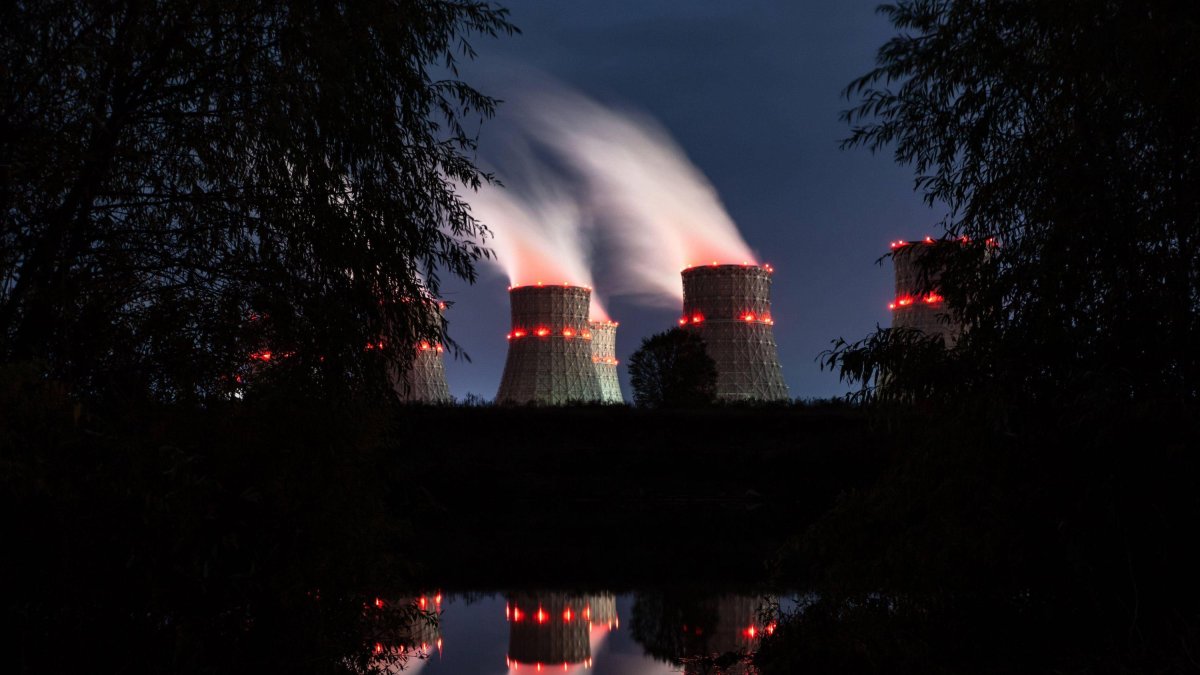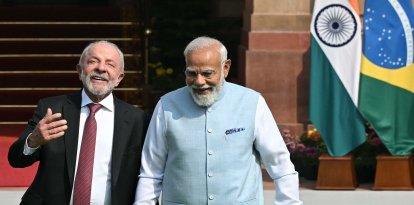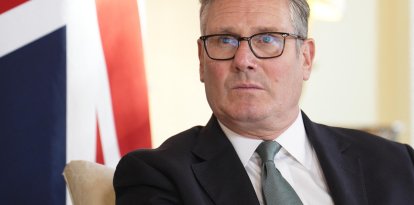The World Bank lifts restrictions on nuclear energy financing
The institution's president, Ajay Banga, said the objective "is to help countries supply the energy their people need."

Nuclear power plant
(AFP) The World Bank (WB) will support nuclear power production projects "for the first time in decades," the institution's president, Ajay Banga, announced Wednesday, amid efforts to meet growing demand for electricity in developing countries.
The United States, which is the World Bank's largest shareholder, is among the countries that have campaigned for the group to rethink its ban on supporting nuclear projects.
In an e-mail to staff accessed by AFP, Banga says the bank will collaborate with the International Atomic Energy Agency (IAEA) to advise on "non-proliferation safeguards."
Electricity demand in developing countries will multiply between now and 2035, Banga notes.
To meet this need, annual investment in power generation, grids and storage will have to increase from the current $280 billion to about $630 billion.
"We will support efforts to extend the life of existing reactors in countries that already have them, and help upgrade the grid and related infrastructure," Banga specifies.
The Washington, D.C.-based financial organization will also cooperate to accelerate the "potential of small modular reactors" so that they can eventually become a viable option for more countries.
Banga, at the helm of the development bank from 2023, has pushed for a change in the bank's energy policy. The email was sent a day after a board meeting.
"The goal is to help countries provide the energy their people need while giving them the flexibility to choose the path that best suits their development ambitions," Banga said.
In any case, the institution will continue to finance the decommissioning or conversion of coal-fired power plants.
In April, on the sidelines of the spring meetings of the International Monetary Fund (IMF) and the World Bank, U.S. Treasury Secretary Scott Bessent said the bank could use resources more efficiently by helping emerging countries boost energy access.
He felt it should focus on "reliable technologies" rather than pursuing "distorting climate finance targets."
This could mean investing in gas production and other fossil fuel-based energy.
On the other hand, according to Banga, the bank's board has yet to agree on whether and under what circumstances it should "engage in gas production."
























